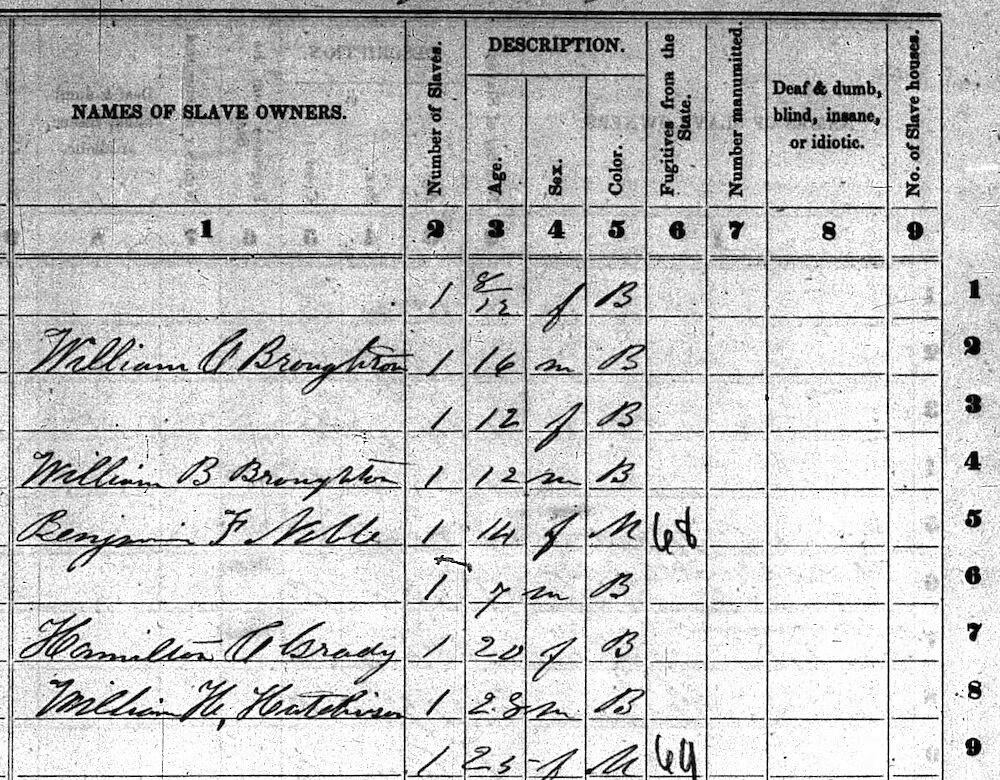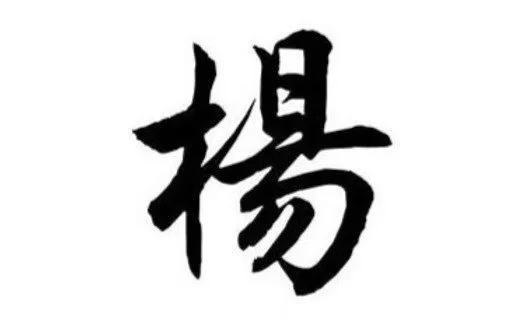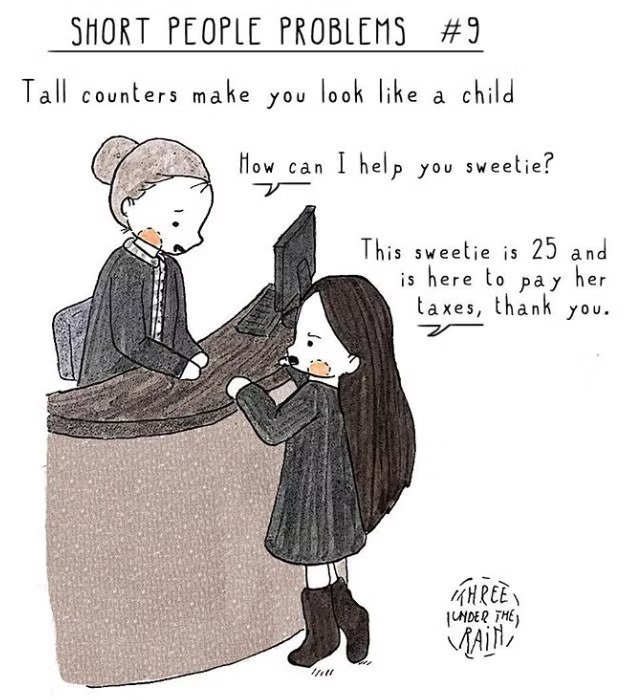
Changing Lenses Blog
Is the way we’re working not working for you?
Check out these innovative ideas to Change Your Lens on career, social justice, and trauma care.
Because we’re all humans, not resources.
It's not Just Mental Health if it's not Just
Companies who profess to support mental health AND diversity, equity, and inclusion (DEI) for their employees, but who silo their efforts or treat them as unrelated initiatives, are missing yet another intersectional aspect of DEI. The abusive, power-imbalanced, transactional relationship between employers-employees that is foundational to capitalism is emotionally toxic to our human natures that crave connection, affirmation, and mutuality.
The Social Balance Sheet: Are Your Employees Assets or Expenses?
Capitalism: when we treat property better than we treat people. There was a time when businesses wanted women to have babies. They recognized that when women staff become mothers, it’s good for the economy because every newborn adds to the workforce of the future. In fact, women were encouraged to get pregnant and have as many babies as possible. When was this liberal, open-minded time in our history? The U.S. Antebellum Period, noted for the thriving wealth of the U.S. South - and SLAVERY.
Anti-Asian Racism: When My Food Becomes Your Fear Factor
They weren’t eating the food I love in appreciation. They were eating it as a gross-out challenge. Eating foods from different cultures is not an obstacle to overcome. It’s an experience to be had.
It’s About Racial Equity and Empathy, Not Representation
Folks, racism can’t be “educated out” of people. No coaching certification course can give a white coach the experiences of a racialized person. Yes, knowing about racism and bias is a good thing. No, it does not mean you understand what it’s like.
Race matters. Racialized experience matters. We need racial equity. We need the lived experience of just how much racism pervade all aspects of work and life.
A Case Study in Privilege: Black Hair Discrimination and Legalization
Just because something isn’t technically illegal, doesn’t mean it’s legal – and it definitely doesn’t mean it’s ethical. Discriminating against a black person because of their hair is racist. But until 2019, it wasn’t recognized as such by the U.S. courts.
Colonial Consequences: Race-on-Race Racism
Almost every country outside of Europe and Great Britain has been colonized at one point; and the impacts are ongoing. Some impacts are public and obvious – like in Canada, where so-called residential “schools” were used to “kill the Indian in the child”. Some are less well-known, like the link between Rwanda’s genocide and Belgium’s racial assignments. And some are so subtle and socially normalized that they’re almost invisible. Here are some ways I’ve experienced colonial impact in my life.
What’s in a Name?
“Sometimes People of Colour feel the need to change their name to make it easier for White people to pronounce. e.g. you often see Chinese people anglicizing their names.”
I don’t feel that I’ve compromised my ethnicity by having an “English” name. But I have definitely felt discrimination against my Chinese name.
Systemic exclusion through the lens of a short person
Life is easier when the world is made to fit you. When systems are built around your demographic.
If you’re not sure if systemic racism, discrimination and exclusion exists, or how to define it – it’s probably because the system was built for you.








